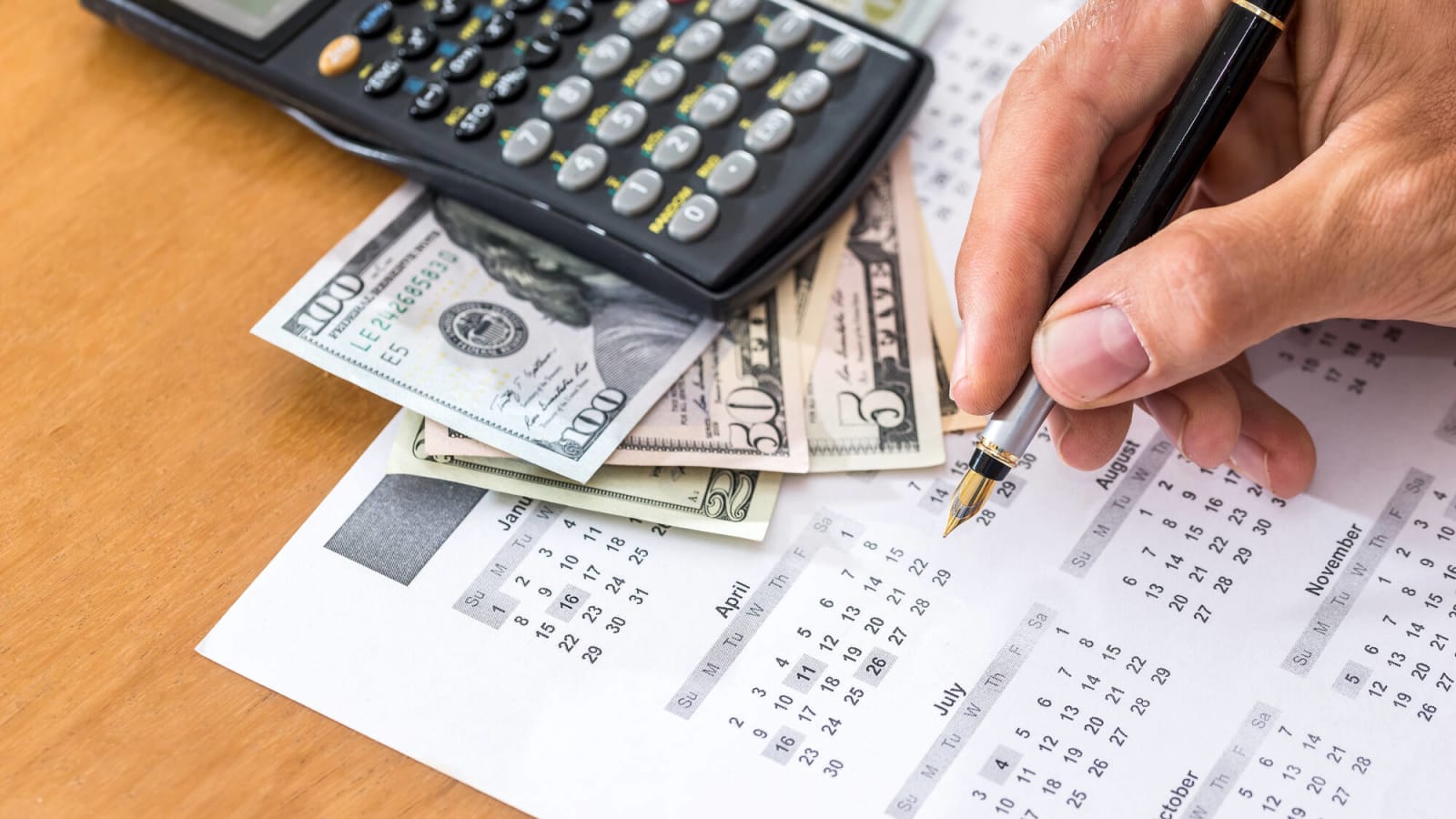x

Shutterstock
20 ways to cut your spending and meet your budget goals
A new year has arrived, which means that many people are in the process of re-evaluating their relationship with money and trying to plan a sustainable financial future. For many of us, the first step in that process is cutting back on unnecessary spending.
Flip through the slideshow for 20 practical ways to reduce spending as you prepare to meet your budget goals. You may have to make some tough decisions, but your savings account will thank you.
More must-reads:
- Yankees' Juan Soto reacts to Hal Steinbrenner contract talk
- Don't let the media fool you, this Celtics team is battle-tested
- The 'Most triple-doubles in the postseason' quiz
Breaking News
Customize Your Newsletter
 +
+
Get the latest news and rumors, customized to your favorite sports and teams. Emailed daily. Always free!
This site is protected by reCAPTCHA and the Google Privacy Policy and Terms of Service apply.




















